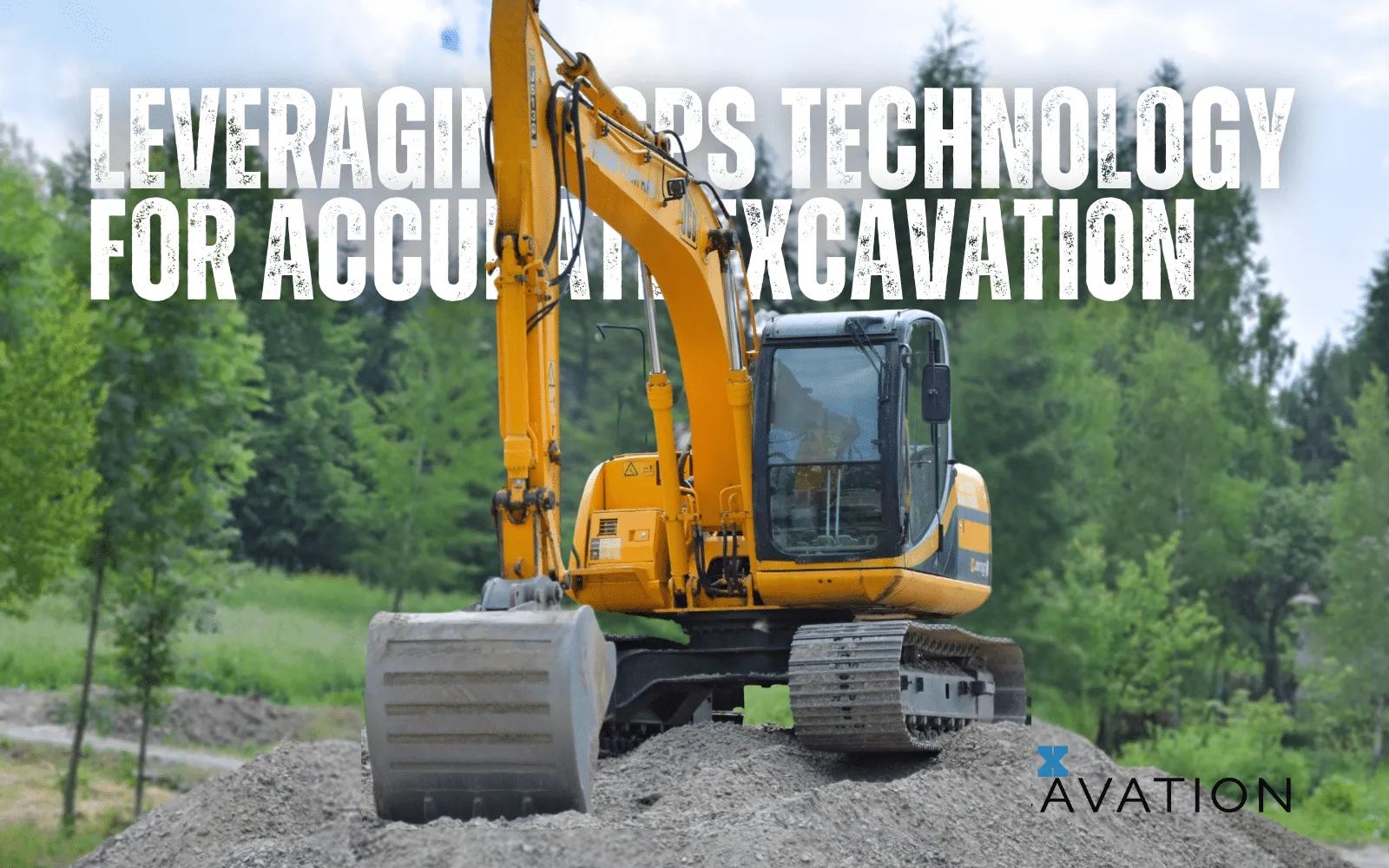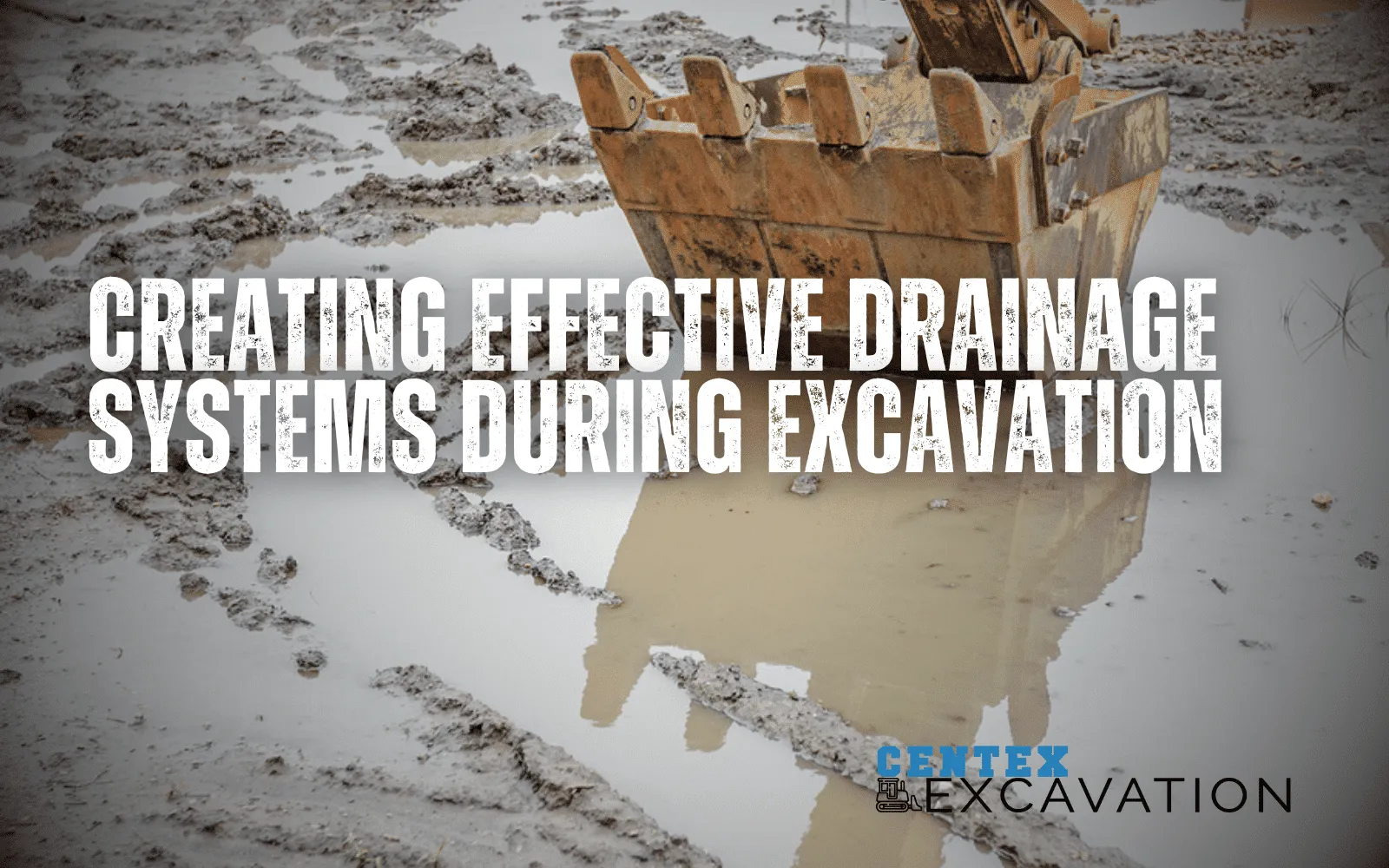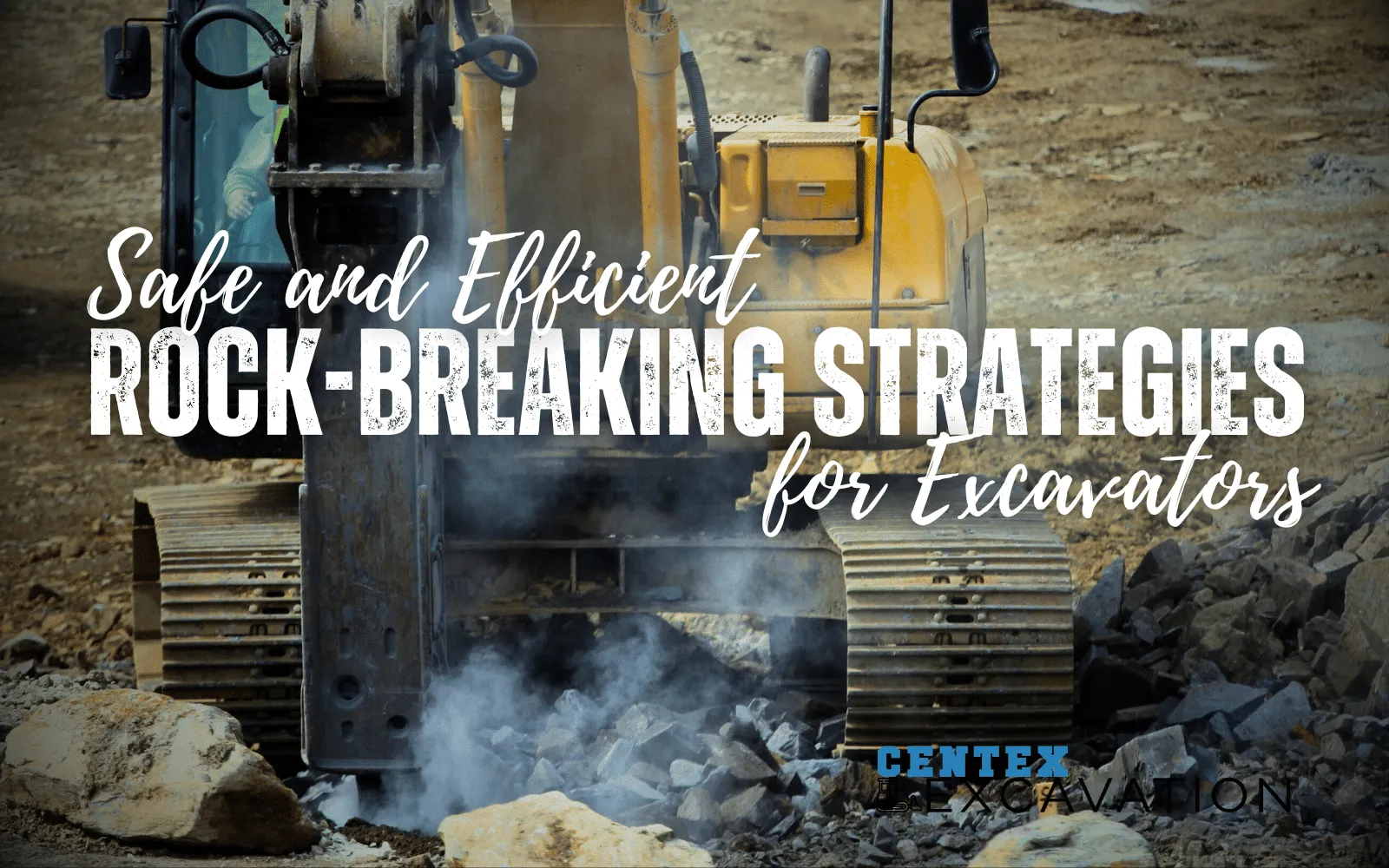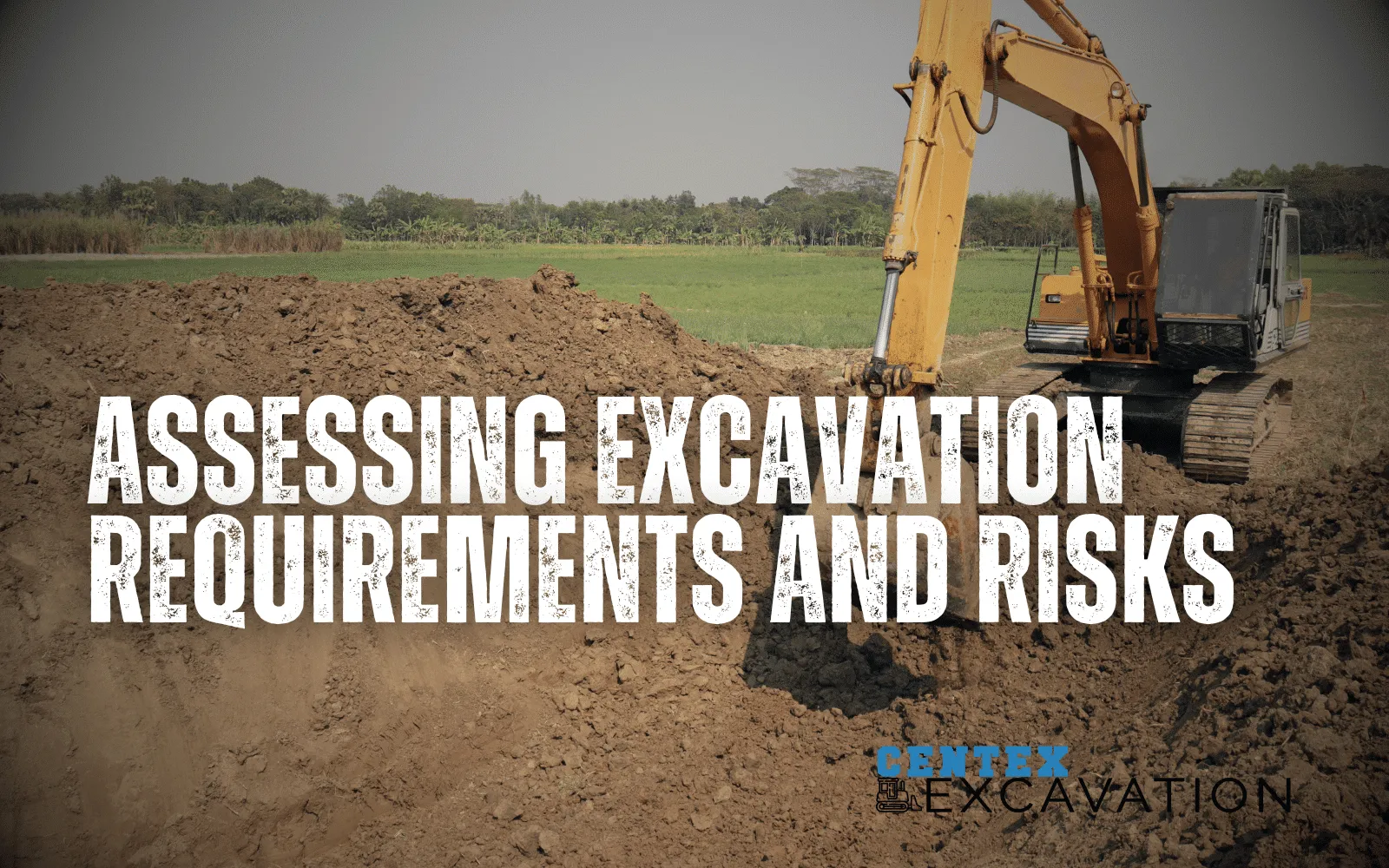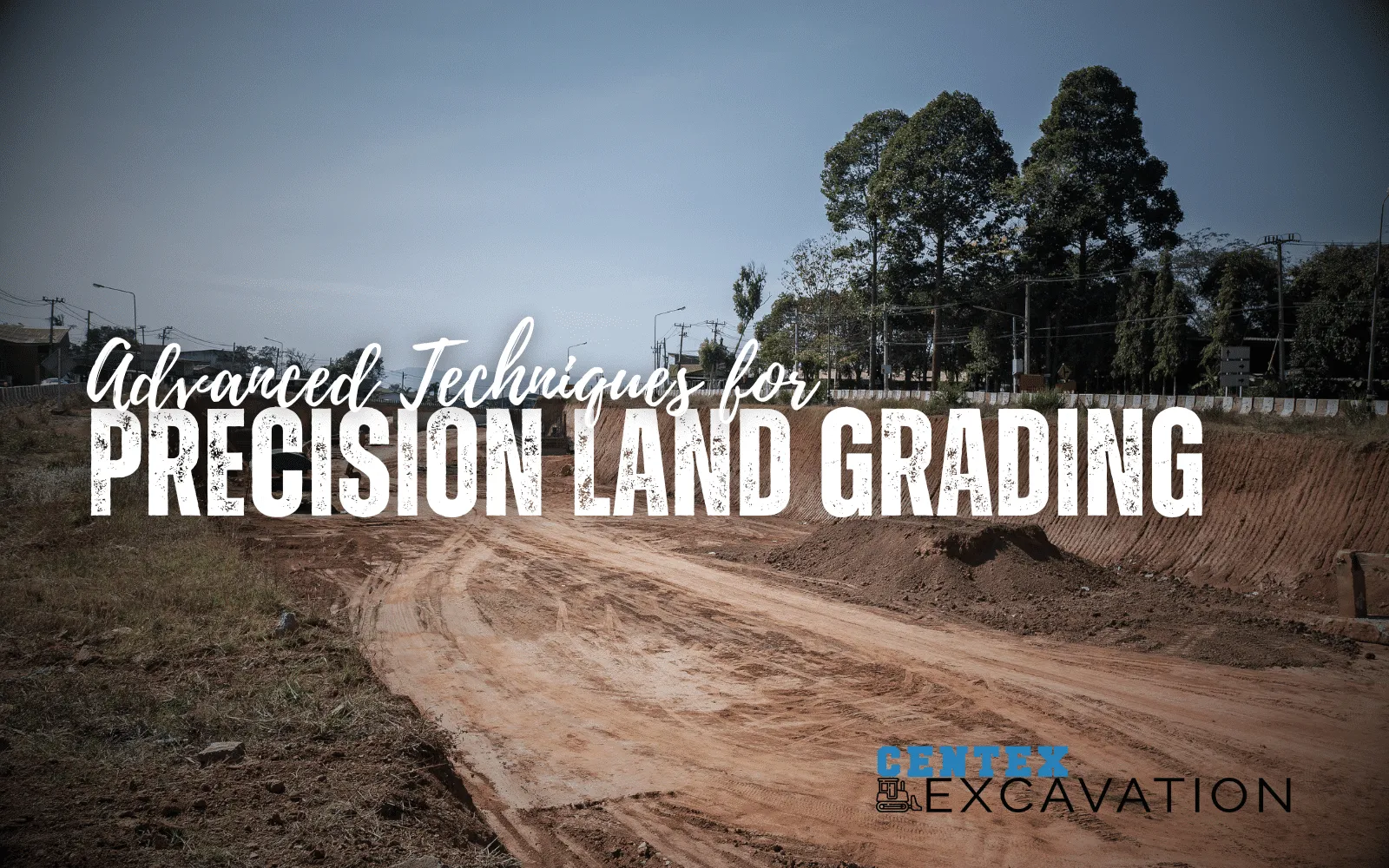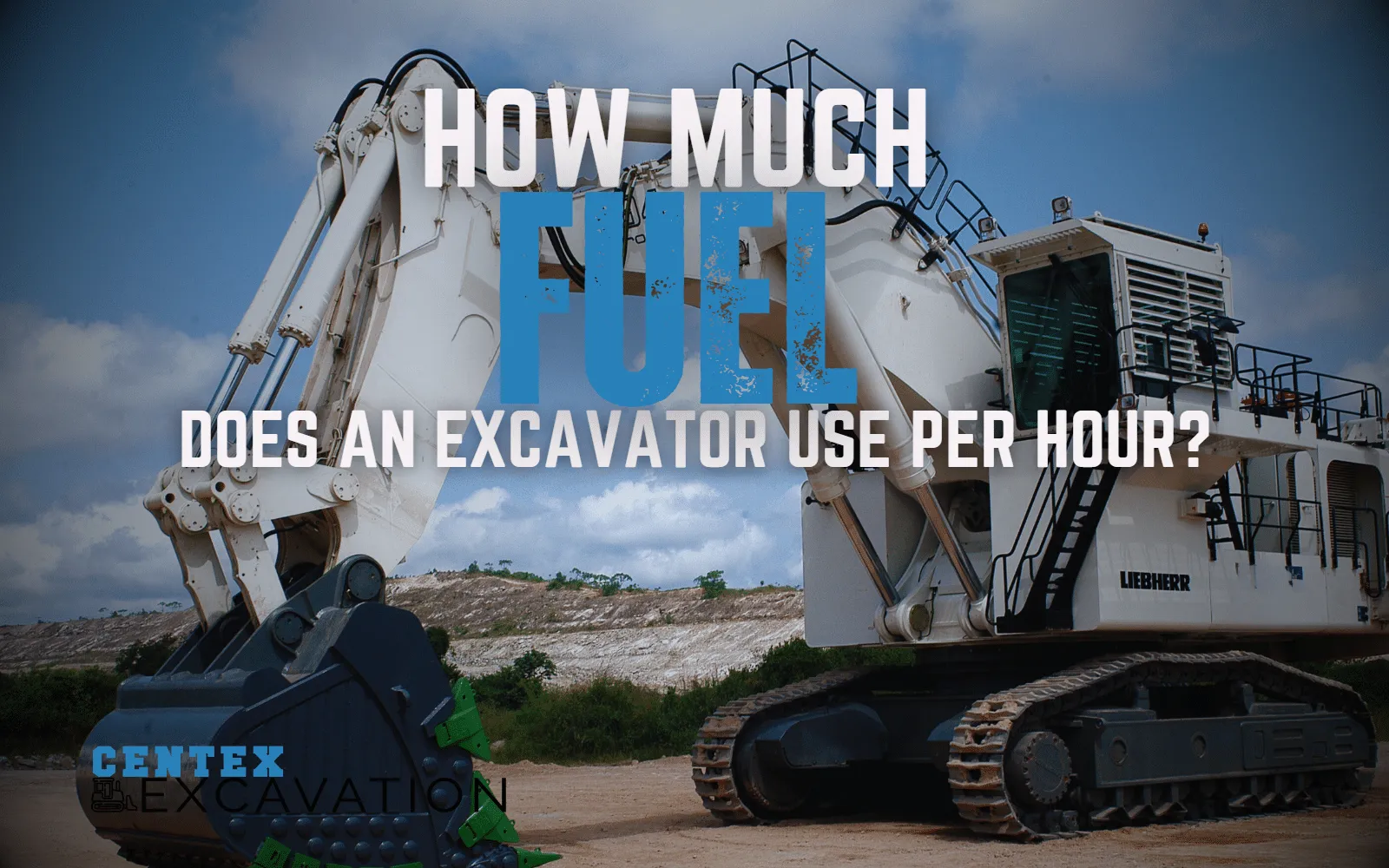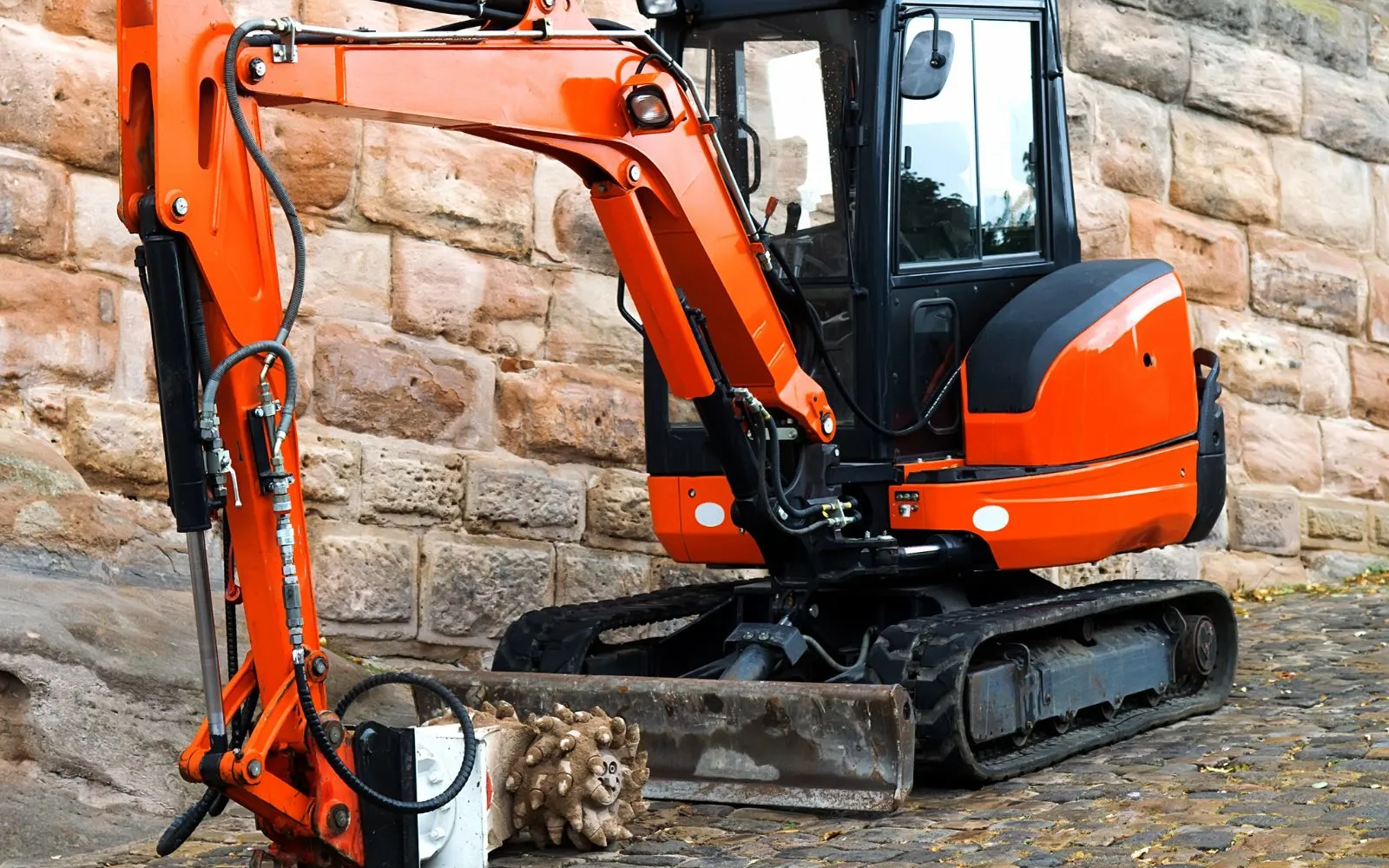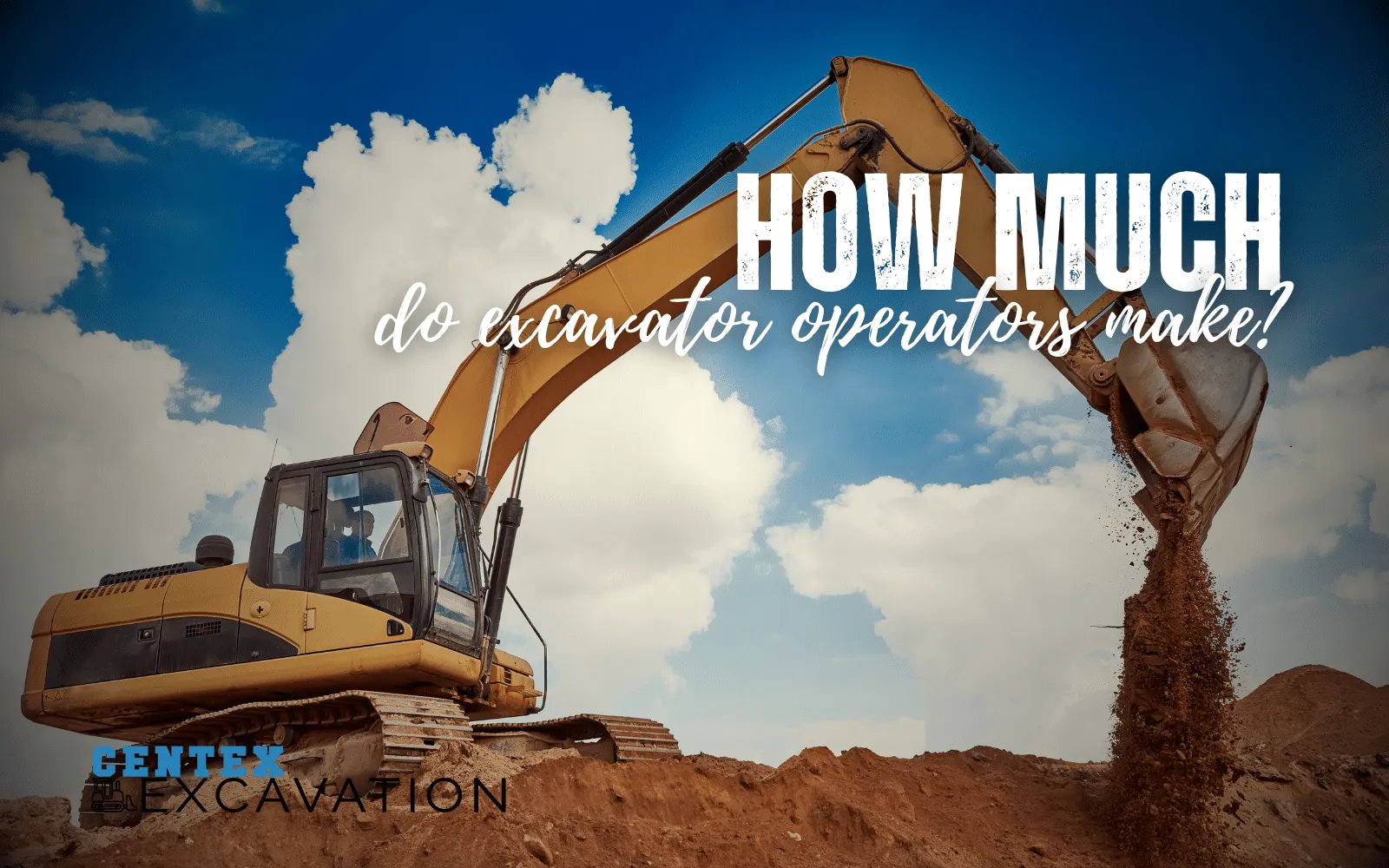How Much Does an Excavator Weigh?

Excavators are big, heavy pieces of machinery that play a significant role in the construction and demolition industry. You’ve seen them all over your city at different types of construction sites. These are essential pieces of equipment and incredibly versatile machines.
Because they operate in hazardous environments, these machines can weigh up to 200,000 pounds and come with various attachments that aid in the removal of dirt and rocks. They need durability, stability, and strength to lift and plow heavy loads.
Types of excavators.
There are several types of excavators on the market right now, all of which have their own unique set of features. These include wheeled excavators, track-mounted excavators, and hydraulic excavators. There are even other names for these excavators such as crawler excavators, but we'll just use these terms for the time being.
There are even variations of these excavators. Take the mini excavator, for example. These can come in wheeled or tracked variants and also come in their own various excavator sizes. You might just need a mini or compact excavator if you need to get into tight spaces and your digging depth isn't as important for the tasks you're looking to accomplish.
The tracked types can move on almost any terrain, including snow, sand, and mud, while the wheeled counterparts are lighter but need level ground to move. Hydraulic excavators are powered by an external pump, which provides the necessary hydraulic fluid for power and additional fluid for tools used on the machine.
The total weight of a wheeled or track-mounted excavator will depend on how much digging you’re planning to do as well as how heavy your load is.
Why do these machines need to be heavy?
The weight of the machine is essential because it increases stability. It will help prevent the machine from falling over uneven terrain as it's digging trenches or hauling heavy materials. Additionally, as they shape the terrain, they could tip over.
These machines are also used for heavy-duty jobs, which means they can be expected to carry quite a load.
Lifting heavy rocks, debris, and earth with hydraulic arms puts immense stress on the machine’s underbody and tracks. If the weight were to be too much, it would cause damage to other parts of the excavator and those that it was lifting.
Engineers meticulously design this construction equipment to do whichever tasks they're designed to do. Take a look at dragline excavators or long reach excavators. They have a massive boom that can hold tons of material. However, the base is extremely heavy compared to standard excavators and mini excavators as they have to lower their center of gravity.
Why do I need to know the weight of the excavator?
The primary reason for knowing the weight of an excavator is so that you can choose the right type and size of machine for your project. Different types of machines have different weights, and it’s important to know this so you don’t overload the machine or cause any damage.
The weight of an excavator also plays a role in terms of transportation. If you’re looking to move an excavator from one area of a site to another or even transport it from one job site to another, you’ll need to know exactly what its weight is so that you can make sure the truck or trailer you’re using can handle the load.
Most of the time, a rough idea of the weight is suitable for your needs. Like a conventional excavator, for example, is around 30-40 tons. A compact excavator on the other hand usually weighs between 2.5 and 5 tons. However, there are other times when you need to know the exact weight for safety or reporting purposes. Sometimes you need to get the exact weight to get clearance to transport it from the state's DOT.
Typical weight of an excavator.

An excavator could weigh 60,000 pounds to over 200,000 when fully equipped. For heavy track-mounted machines, the weight can be as high as 180 tons. This varies based on how much digging is going to be done and how large the project is.
If you're just a homeowner doing some small tasks around your house, you might need one of the compact excavators on the market. You'll need to know how much a mini excavator weigh. However, if you own a company that is contracted for massive commercial jobs or even mining, you may need one of the many large excavators such as a dragline excavator. How much weight you plan to move and maximum digging depth will dictate the bucket capacity and the excavator weight you need.
The wheeled counterparts are typically around 50,000 pounds or less, while hydraulic excavators average approximately 80,000 pounds. These numbers are only estimates. Accurate weights depend on how much digging you’re doing as well as how heavy your materials are.
The best way for you to find how much a specific excavator weighs is to contact your local dealer directly or the manufacturer, as they should know how much their machines weigh depending on the configuration.
How to get the weight of an excavator.
There are a few ways to go about obtaining the weight of an excavator. If you know the exact model and serial number, you can contact the manufacturer directly and inquire. Some dealers may also have access to this information.
Another option is to visit a heavy equipment rental company or look online for specifications. There should be some type of listing that provides detailed information about the excavator, including its weight.
If you need total accuracy, you can always weigh your machine yourself. You will need a heavy-duty set of scales for this option, but it is doable. This method isn’t foolproof as there are many factors that affect an excavator’s total weight, such as attachments and additional tools, so it’s best to double-check the weight with a reputable source. If you're able to trailer your excavator, you can take it to a commercial trucking scale. This will typically run you around $10, but those scales are certified and accurate.

What is considered small, medium, and large when it comes to excavators?
While there's not necessarily a standard in terms of what we call small or large, some of us in the industry have put together some rough weight metrics to help classify them.
Small excavators typically fall in the 2,000-10,000 lbs range and usually come with a bucket size of 0.5 – 1 cubic yards. Compact excavators are slightly larger than small models and tend to be in the 10,000-20,000 lbs range with buckets from 0.5 to 2 cubic yards. Sometimes you'll here a Bobcat or skid steer referenced as a small excavator. Frankly, we classify those separately from the small excavator class.
Medium excavators, or mid-sized excavators fall in the 20,000-40,000 lbs range and tend to come with a bucket size between 1 and 3 cubic yards.
As for larger digging equipment, the large excavators typically exceed 40,000 lbs of weight and can have buckets up to 5 cubic yards in size. These, of course, are ideal for lifting heavy materials.
Knowing what size excavator you need is important, as the larger excavators can be too big or heavy for some jobs. It’s also important to consider what you’re working with and if a mini-excavator might be a better option than even one of the smaller models. Using the smallest possible equipment on excavation projects can significantly reduce your operating costs. Keep in mind that the job itself may take longer to complete.
Sometimes when we're on a job site, we'll bring one of our larger excavators but also a skid steer or another one of our smaller excavators. Operators complete the work in tandem to get the job done faster.
Play it safe and know the excavator's weight.
Ever wondered how much an excavator weigh? Now you have an idea. Remember, how much an excavator weighs in pounds or metric tons depends on which type and model and how it’s configured. You want to ensure you get the right excavator with the ideal lift capacity for your job. Whether you're performing residential construction jobs, perhaps a mining project on rough terrain, or just looking for an excavator with great fuel efficiency and small enough for tight job sites, there are various sized excavators that are ideal for your situation.
The best way to get the accurate weight is to contact the manufacturer or dealer or take it to a commercial trucking scale. Knowing the exact weight of your machine will help you stay safe and use it efficiently.
No matter which type of excavator you’re using, make sure you know how much it weighs. This way, you can have an idea of its capabilities and limitations.

